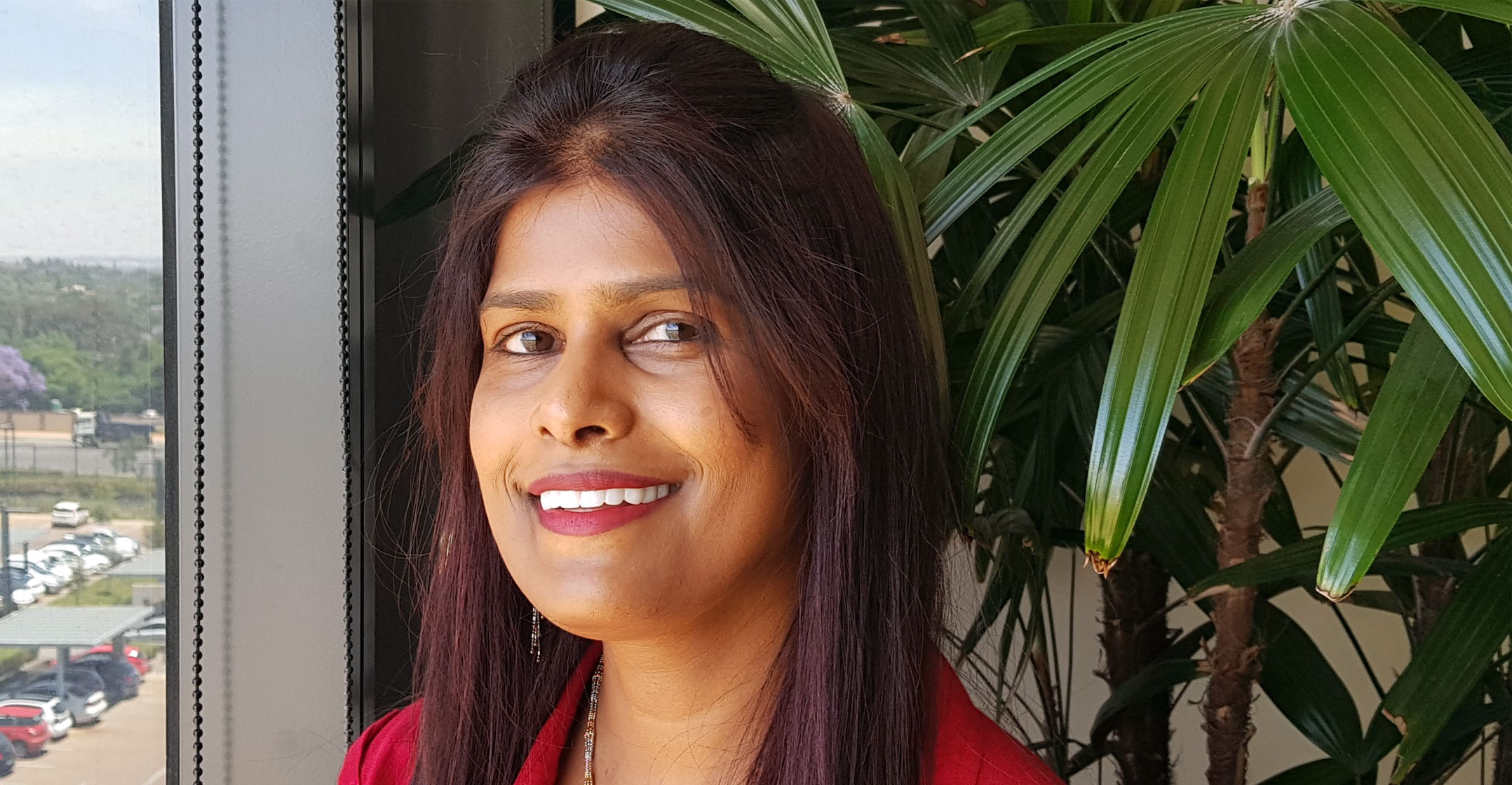
Netflix does not pose a threat to job creation in South Africa’s sector and the “hype” surrounding the US online streaming service is “exaggerated”.
That’s according to Surie Ramasary, CEO of Black, the new streaming platform launched last year by mobile operator Cell C.
Although Netflix is a competitor, it is not preventing local media companies from “thriving”, she said in a statement on Monday.
Ramasary said Black is enjoying “good growth” despite the competition from Netflix and from Showmax and DStv.
“Netflix has built up a global brand by offering customers movies that are no longer in the rental pay window. This means content on our platform will actually have movies before they are on Netflix,” she said.
Local content, she added, is the “differentiating factor” compared to Netflix, which “does not offer local content in every market, including South Africa”.
The demand for local content will drive job creation, not job losses. “As more content players enter the market, customers will have increasing choice and will subscribe to more than one service. Much will depend on how well you treat your customer and look after their needs. Customer service will be a key differentiator. Media companies who are poor at this will see a decline in their subscribers.”
Ramasary’s remarks reflect a similar argument Cell C put forward in a recent presentation to communications regulator Icasa. It said at hearings into the pay-TV market in South Africa earlier this month that Netflix and other so-called “over-the-top” (OTT) services, including its own Black platform, do not pose a significant threat to MultiChoice in the near term.
MultiChoice has argued that Netflix and other streaming services pose a real risk to its business, in part because they do not face the same level of regulation in the South African market.
Disingenuous
But Cell C reckons MultiChoice, which owns DStv, is being disingenuous. It argued that OTT providers pose no real challenge in the near term to the company’s dominance in pay TV.
Digital terrestrial TV, which promises more channels to South African consumers, is still someway off, while OTT players are “not a substitute at this time and won’t constitute a substantial competitive threat to pay TV for the majority of viewers in the near term”, said Cell C chief legal officer Graham Mackinnon at the hearings. “Free-to-air licensees and Cell C’s Black will take years to influence MultiChoice’s market share and growth.”
Mackinnon said MultiChoice had a head-start of at least 20 years over prospective rivals, allowing it to entrench its dominance and making it difficult for rivals to emerge. He said Cell C arrived in the South African market just seven years after the licensing of Vodacom and MTN and has found it difficult to catch up to those incumbents.
“Contrary to MultiChoice’s predictions, it is entirely likely that less than 10% of its DStv Premium subscribers will leave it if the price of their package increases,” the company said in slides accompanying its presentation. — (c) 2018 NewsCentral Media




